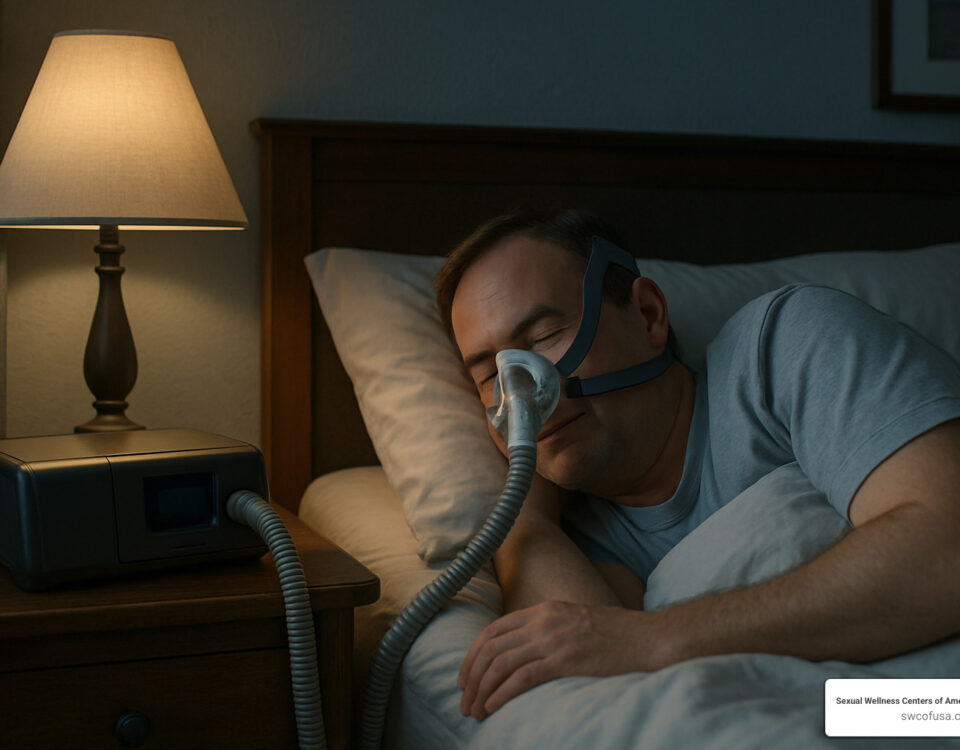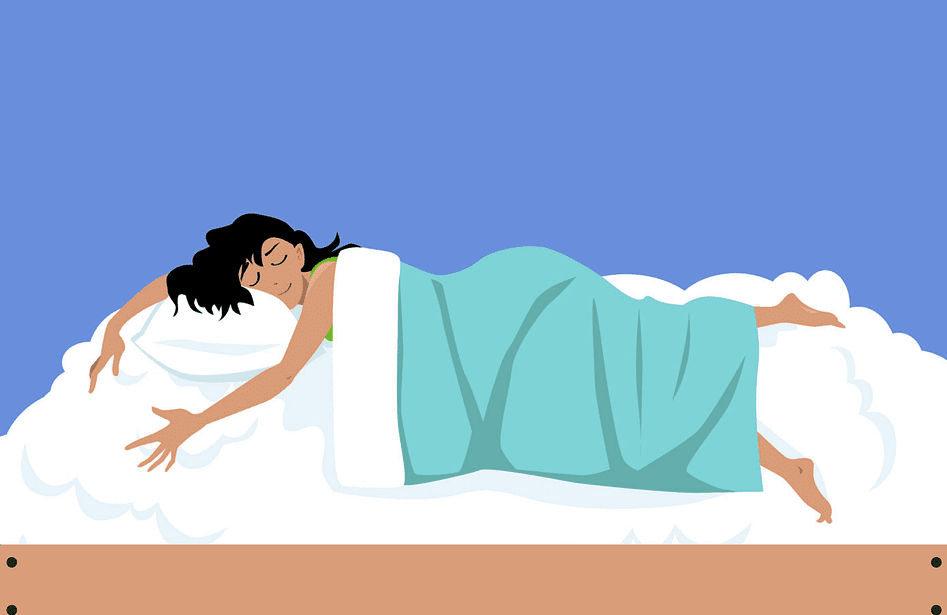
Best Physical Therapy Clinics for Chronic Pain Relief
August 12, 2025
How to Treat Insomnia Naturally at Home
August 12, 2025A good night’s sleep is one of the most important factors in maintaining overall health and well-being. Yet, many people struggle with falling asleep, staying asleep, or waking up feeling refreshed. Deep and restful sleep is essential because it allows your body to repair itself, your brain to consolidate memories, and your mood to stabilize.
If you’re tired of tossing and turning or waking up groggy, this article will share expert-backed sleep health tips that can help you enjoy deep, restorative nights. We’ll explain what good sleep looks like, why it matters, and practical strategies to improve your sleep quality naturally.
Why Is Deep, Restful Sleep Important?
Sleep is not just about quantity but quality. Deep sleep stages are when your body heals tissues, builds bone and muscle, and strengthens the immune system. During REM sleep, your brain processes emotions and consolidates memories.
Poor sleep can lead to:
- Fatigue and reduced concentration
- Mood swings and irritability
- Weakened immune function
- Increased risk of chronic diseases such as diabetes and heart disease
- Weight gain and metabolism issues
Getting consistent deep sleep is vital for physical, emotional, and mental health.
How Much Sleep Do You Need?
While individual needs vary, most adults require 7 to 9 hours of sleep per night. Children and teenagers need more. However, it’s not just about hours in bed but also how much of that time is spent in deep and REM sleep stages.
Best Sleep Health Tips for Deep and Restful Nights
1. Maintain a Consistent Sleep Schedule
Going to bed and waking up at the same time every day, even on weekends, helps regulate your body’s internal clock (circadian rhythm). This consistency makes it easier to fall asleep and wake up naturally.
2. Create a Relaxing Bedtime Routine
Engage in calming activities before bed, such as reading a book, taking a warm bath, or practicing gentle yoga. Avoid stimulating activities and screens that emit blue light, which interferes with melatonin production.
3. Make Your Sleep Environment Comfortable
Ensure your bedroom is cool, quiet, and dark. Use blackout curtains, earplugs, or white noise machines if necessary. Invest in a comfortable mattress and pillows that support your preferred sleeping position.
4. Watch What You Eat and Drink Before Bed
Avoid caffeine, nicotine, and heavy meals close to bedtime, as they can disrupt sleep. While alcohol might make you sleepy initially, it often fragments sleep later in the night.
5. Exercise Regularly—but Not Too Late
Regular physical activity promotes better sleep, but vigorous exercise right before bedtime can interfere with falling asleep. Aim to finish workouts at least 3 hours before bed.
6. Manage Stress and Anxiety
Stress and worry can keep your mind racing at night. Techniques like meditation, deep breathing, or journaling can help calm your thoughts and prepare you for sleep.
7. Limit Naps
If you take naps, keep them short (20-30 minutes) and avoid late afternoon naps that can affect nighttime sleep.
8. Get Natural Light Exposure During the Day
Daylight helps maintain a healthy sleep-wake cycle. Try to spend time outdoors, especially in the morning.
9. Avoid Clock-Watching
Constantly checking the time when you can’t sleep increases anxiety. Turn your clock away from view or put your phone out of reach.
10. Seek Professional Help if Needed
If you consistently struggle with sleep despite good habits, you might have a sleep disorder such as sleep apnea or restless leg syndrome. Consult a healthcare provider or sleep specialist.
How to Track Your Sleep Quality
Keeping a sleep diary or using sleep-tracking apps and devices can help you understand your sleep patterns and identify areas for improvement.
5 FAQs About Sleep Health and Restful Nights
1. How long does it take to improve sleep quality?
Changes can start within a few days to weeks, but consistent habits are key for lasting improvement.
2. Is it normal to wake up during the night?
Brief awakenings are common, but you should be able to fall back asleep quickly.
3. Can supplements help with sleep?
Melatonin and magnesium can aid sleep for some people, but consult a doctor before starting supplements.
4. How does screen time affect sleep?
Blue light from screens suppresses melatonin, making it harder to fall asleep.
5. What should I do if I can’t fall asleep?
Get out of bed and do a quiet, non-stimulating activity until you feel sleepy.
Final Thoughts
Improving your sleep health is a journey that involves lifestyle changes, patience, and sometimes professional guidance. By adopting these sleep tips, you can set the stage for deep, restful nights that refresh your body and mind.





